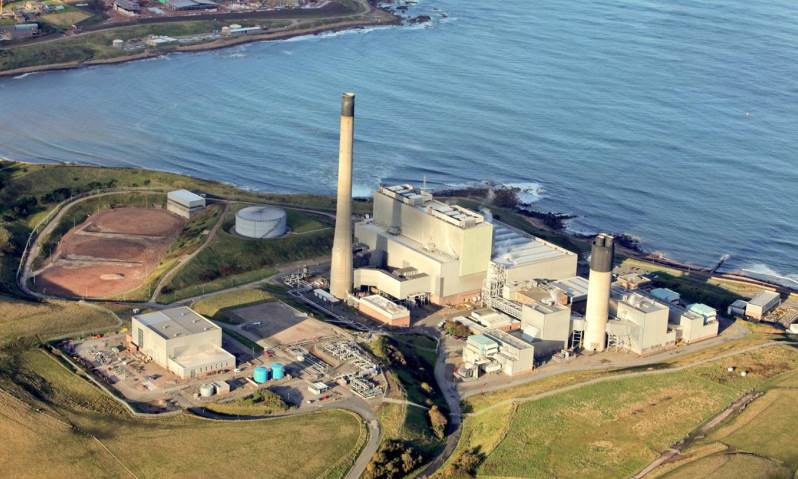Until relatively recently Carbon Capture & Storage (CCS) was regarded as a fringe technology: one of a number of low carbon concepts which had more than its fair share of evangelists but was decades away from being taken as seriously as many claim it should be.
That has now changed, and after decades of inaction fossil fuel giants are now getting behind the suite of processes than can prevent CO2 from entering the atmosphere by capturing it at source and storing it deep beneath the ground.

Just last month Shell’s chief executive Ben Van Beurdon said the technology will be essential if we are to limit future rises in temperature to within 2oC, the level beyond which governments agree the effects of global warming would be unacceptable. The company currently has a number of demonstration projects on the go around the world and is a key player in plans to turn Aberdeenshire’s Peterhead Power station into the world’s first commercial-scale, CCS enabled gas-fired power station. The world’s biggest oil company, BP, is also championing the technology with its chief economist Spencer Dale recently claiming that CCS will be essential the company’s future plans.
It’s hardly surprising really. If we want to continue burning fossil fuels without tipping the planet into oblivion we need CCS, and the industry therefore can’t survive without it.
Of course, some will argue that the climate science is wrong, that CCS is completely unnecessary, and that industry backing for the technology amounts to little more than a PR offensive, aimed at restoring investor confidence and derailing the divestment campaign which has gathered momentum in recent months.
Others will argue that CCS is a harmful and expensive distraction, that the technology will never be deployed on a scale large enough to make a difference and that rather than finding ways to prop up our fossil fuel use we should simply stop, and invest the money in energy technologies that aren’t underpinned by hydrocarbons.
We’re going to take more time than we’ve really got to wean ourselves off fossil fuels. CCS might buy us this time
In response, there’s little doubt that the motivations of the oil and gas sector are complex: there’s naturally a high degree of self-preservation at play and, despite its growing interest in the technology, current efforts are unlikely to have much impact. Indeed, to have the required impact CCS will need to store billions of tons of CO2 every year: and this is a monumental task.
But industry’s growing acceptance of the importance of the technology is nevertheless, we would argue, to be welcomed.
Mankind isn’t done with fossil fuels yet. The reality is that whatever the scenario, however dire the predictions and real time climate observations, we’re going to take more time than we’ve really got to wean ourselves off oil, coal and gas. CCS might buy us this time, and give us the space to get used to the idea of a truly zero-carbon future.
CLICK HERE TO READ OUR REPORT ON HOW INDUSTRY’S EMBRACING LARGE SCALE CCS











Water Sector Talent Exodus Could Cripple The Sector
Maybe if things are essential for the running of a country and we want to pay a fair price we should be running these utilities on a not for profit...